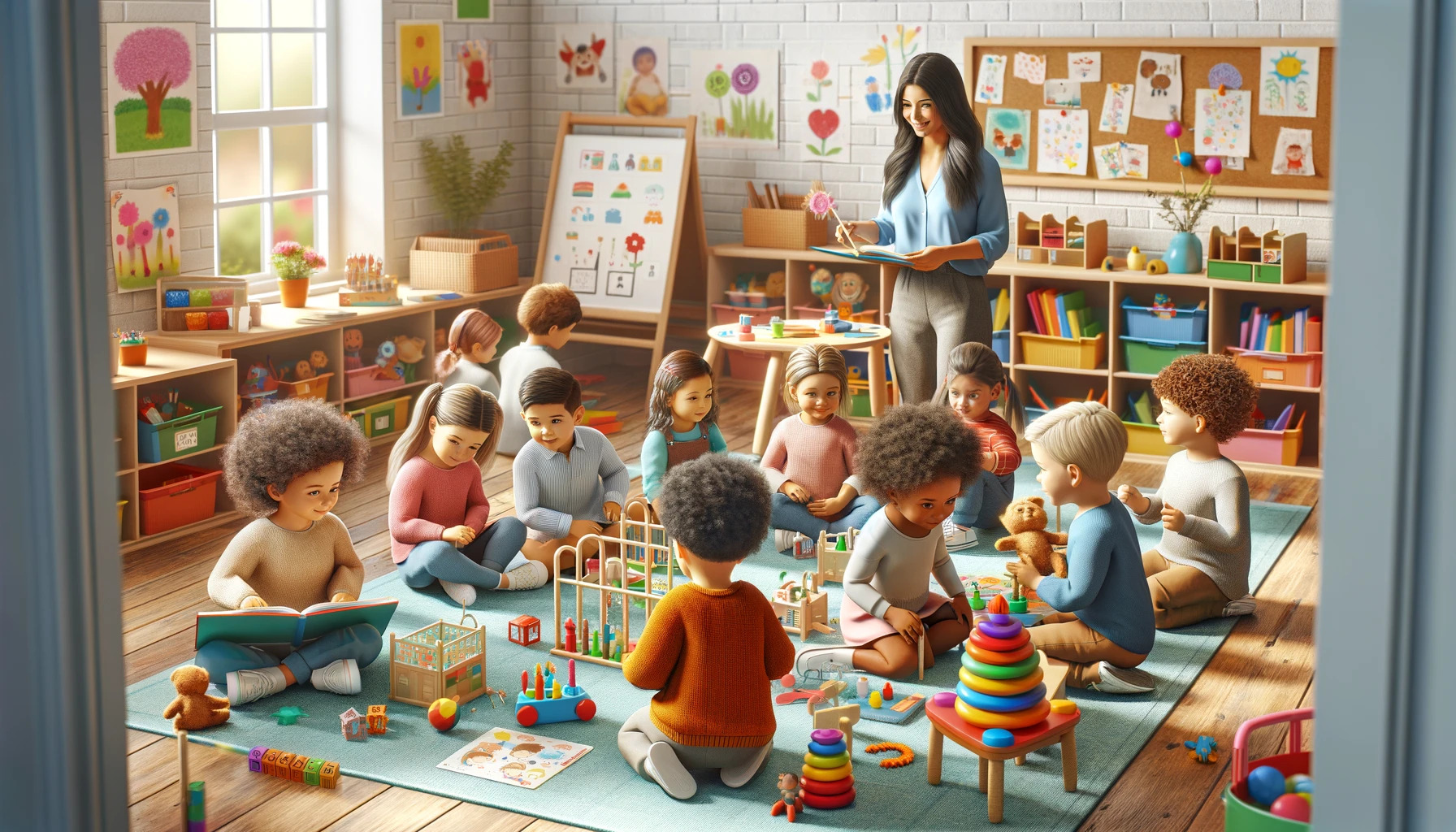Preparing your child for preschool involves nurturing their social, emotional, and cognitive development. Here’s a guide to help you support their readiness for this exciting milestone:
1. Establish a Routine
- Set a Schedule: Create a consistent daily routine that includes regular mealtimes, nap times, and playtimes. This helps your child adjust to structured activities.
- Practice Independence: Encourage your child to do simple tasks independently, such as dressing themselves or tidying up toys.
2. Promote Social Skills
- Playdates: Arrange playdates with other children to help your child learn to share, take turns, and interact with peers.
- Role-Playing: Engage in pretend play activities to practice social scenarios and develop empathy.
3. Encourage Communication
- Read Together: Read books aloud and discuss stories to foster language development and listening skills.
- Expand Vocabulary: Introduce new words and encourage your child to express themselves verbally.
4. Develop Fine Motor Skills
- Art and Crafts: Provide opportunities for drawing, coloring, and using scissors to strengthen fine motor skills.
- Puzzles and Building Blocks: Play with puzzles, blocks, and other manipulative toys to enhance hand-eye coordination and problem-solving abilities.
5. Introduce Basic Concepts
- Numbers and Counting: Practice counting objects and introduce basic number recognition through games and everyday activities.
- Colors and Shapes: Identify colors and shapes in the environment and during playtime.
6. Foster Emotional Intelligence
- Label Emotions: Help your child identify and label their feelings, teaching them healthy ways to manage emotions.
- Positive Reinforcement: Praise their efforts and achievements to build self-confidence and resilience.
7. Visit the Preschool
- Orientation: Attend orientation sessions or visit the preschool with your child to familiarize them with the environment and meet teachers.
- Discuss Expectations: Talk about what to expect at preschool, such as routines, activities, and making new friends.
8. Encourage Curiosity and Exploration
- Nature Walks: Explore nature together and encourage curiosity about the world around them.
- Visit Museums or Libraries: Take trips to museums, libraries, or cultural centers to stimulate their curiosity and love for learning.
9. Practice Self-Help Skills
- Toileting: Teach bathroom routines and encourage independence in toileting habits.
- Eating Skills: Practice using utensils and encourage healthy eating habits.
10. Stay Positive and Supportive
- Be Patient: Understand that transitions may be challenging for your child. Offer reassurance, support, and a positive attitude.
- Celebrate Milestones: Acknowledge and celebrate their achievements, both big and small, to boost their confidence and enthusiasm for learning.
Conclusion
Preparing your child for preschool involves nurturing various skills and providing a supportive environment for their development. By fostering independence, social skills, communication, and a love for learning, including the importance of reading, you can help your child feel confident and ready for this new adventure in early childhood education.





